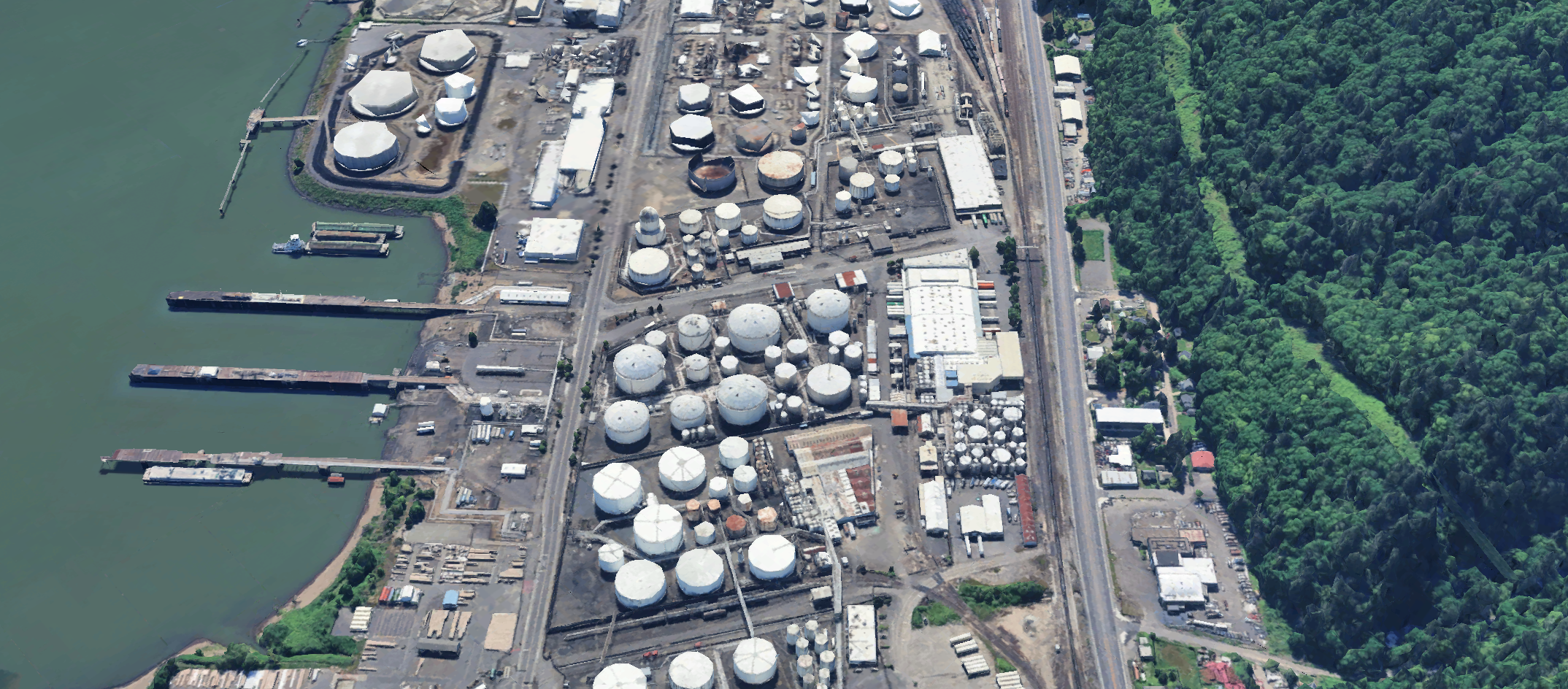Demand a Safer Portland! Stop the CEI Hub Time Bomb!

Tell City Hall to Choose Public Health and Safety Over Corporate Profits at the CEI Hub
Portland faces a historic choice—one that will determine our city’s safety and environmental legacy for generations. The Critical Energy Infrastructure (CEI) Hub, a six-mile stretch of fuel tanks along the Willamette River, sits on soil likely to liquefy in a major earthquake. A disaster here could cause massive fires and spill millions of gallons of fuel into the river and neighborhoods. The stakes are high: averting what would be the biggest industrial disaster in US history.
The City of Portland has released a draft plan with four alternative options to the status quo. Only one begins to address the real danger, but it needs to be much stronger.
🚫 Reject Alternatives 1, 2, & 3: These are non-starters. They allow new fuel storage tanks to be built in this dangerous area, pretending that "renewable" fuel tanks won't spill in an earthquake. They prioritize industry expansion over community safety.
✅ Strengthen Alternative 4: This is the only option that acknowledges the root of the problem: there is too much fuel in the wrong place. It proposes a drawdown of fuel storage. However, the proposed 17% reduction is far too slow and based on market forecasts, not safety needs. We need a bold, accelerated drawdown plan.
This is our "Mount Hood Freeway" moment. In the 1970s, Portlanders defeated a destructive highway plan and chose a better future. Now, we must choose to phase out this dangerous fuel hub and invest in a resilient, safe city.
Corporate lobbyists are already pressuring the city for weak rules. We need to make sure community health and safety is the top priority.
⏰ DEADLINE FOR COMMENTS: Friday, October 17, 2025, at 5:00 PM
Take Action Now! Tell the Bureau of Planning and Sustainability (BPS):
Alternatives 1, 2, and 3 are unacceptable. They fail to reduce the catastrophic risk posed by the CEI Hub.
Alternative 4 is the bare minimum starting point, but it must be strengthened with a more aggressive and rapid drawdown of fuel storage capacity, based on safety, not market projections.
Center the health and safety of people and the environment, not the profits of fossil fuel companies. This is a historic decision that must prioritize our community's future.